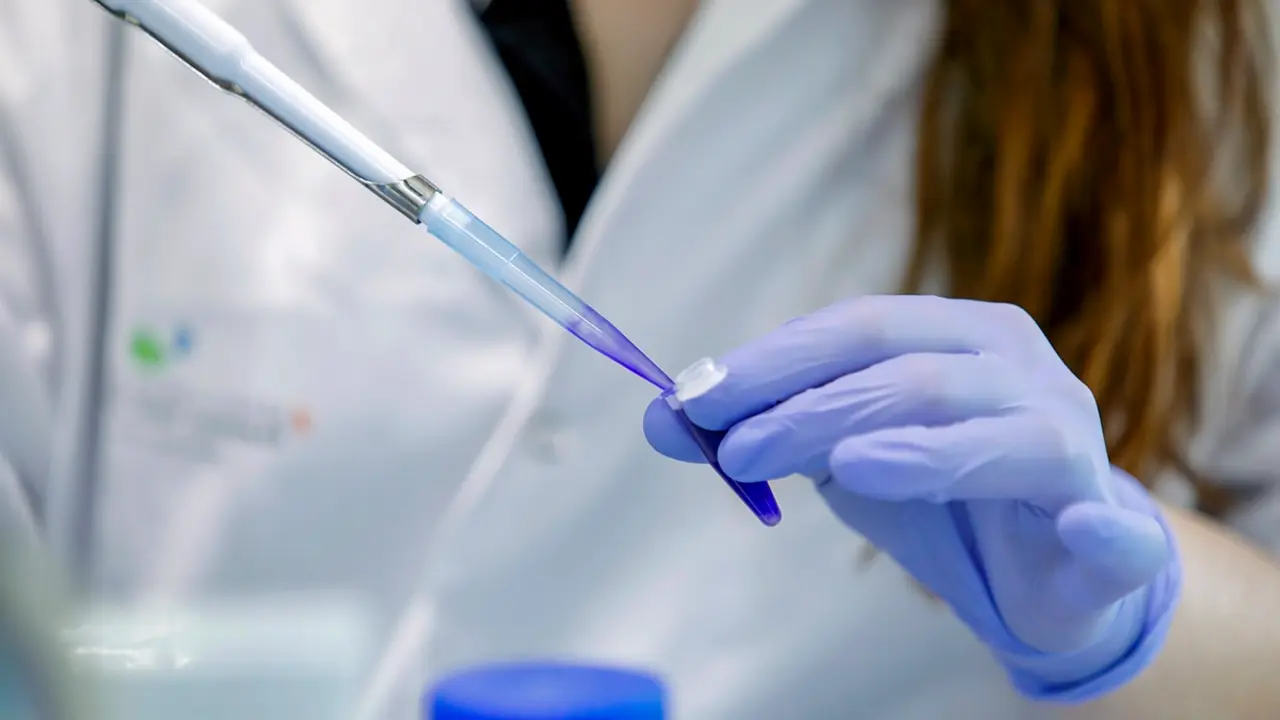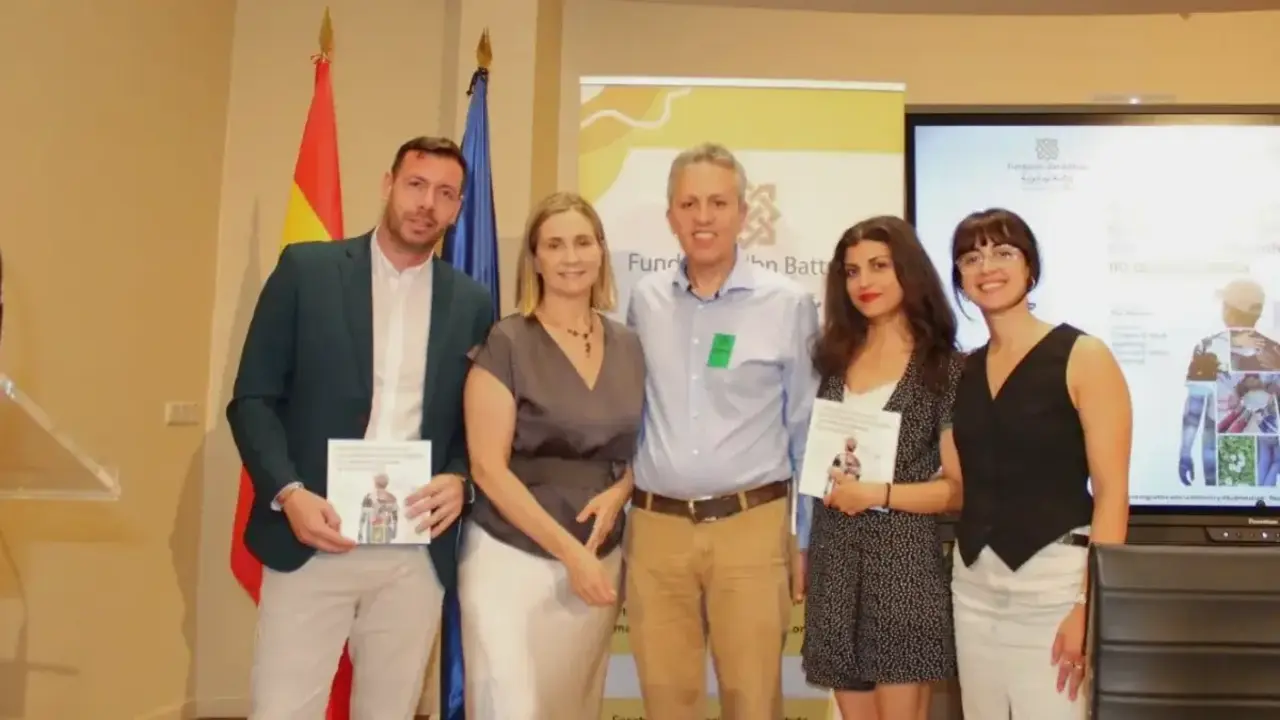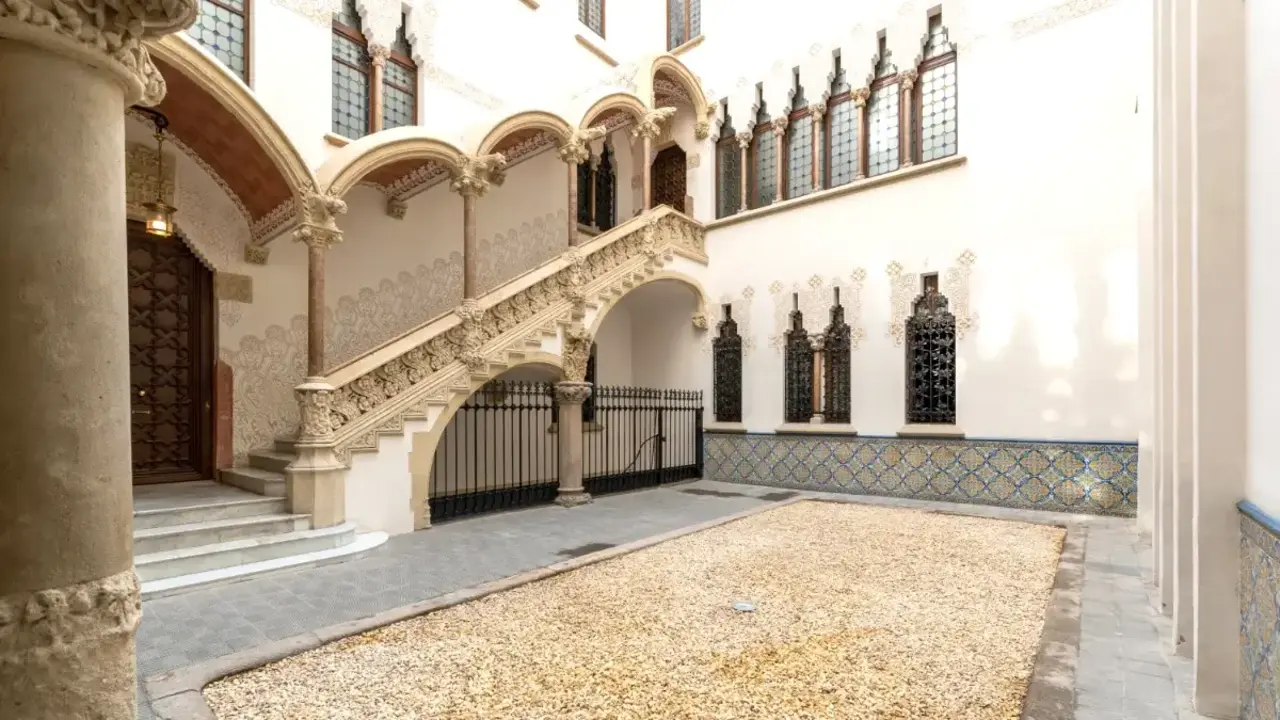CosmoCaixa explores the functioning of the oceans and how climate change affects them in a new series of talks

The "la Caixa" Foundation is organising a new series of talks at the CosmoCaixa Science Museum on an essential element for life on our planet and for regulating the Earth's water cycle: the oceans.
On four successive Thursdays, from 27 October to 17 November, the Living Ocean cycle will bring together specialists from the scientific community to explain in an entertaining and participative way how the oceans work as if they were a human being, with their needs, their metabolism and their mechanisms for harbouring life. With these experts we will understand the importance of the oceans for sustainable development.
The Holocene, the warm interglacial period that has characterised our home for the last 12,000 years, is being altered by mankind. Emissions of large amounts of carbon dioxide have shifted the balance and pushed the Earth into a new metabolic state, the Anthropocene. As a result, the Earth's average surface temperature has risen by 1.2°C from the pre-industrial period to the present. This has happened despite the high buffering capacity of the oceans, which have absorbed about 90 % of the excess heat, with an increase in their average temperature of 0.15 °C.
Warming, acidification, deoxygenation and rising sea levels are major consequences in addition to those caused by the impact of direct human action: degradation of natural habitats, pollution, overfishing and overexploitation of resources.
All sessions will be coordinated by Diletta Parente, expert in sustainability and sustainable innovation, co-founder of two environmental organisations and current president of Valueloops.
THE OCEANS AND THE PLANETARY ORGANISM - Thursday 27 October 2022, at 7 p.m.
The thermocline circuit originating in the ocean runs through the transoceanic gyres, continuously distributes energy and regenerates nutrients. This circulation of currents can be understood as the circulatory system of our planet, in which arteries and veins would be the deep waters and surface waters that preserve life in the different ecosystems. From time to time, the waters return to the surface and gases are exchanged with the atmosphere, as if it were the pulmonary circuit of our living planet.
The ocean needs the sun's energy to transform it into chemical energy through photosynthesis and to cause the surface water masses to cool or warm. This energy also connects the deep waters with the surface waters to maintain circulatory currents. This allows us to understand that the oceans are the main regulatory mechanism of the planetary metabolic system, i.e. the climate we experience.
But the impacts of climate change have driven ocean systems to conditions not seen for thousands of years, with an associated risk of irreversible ecological transformations. In this lecture, oceanographer Josep Pelegrí will explain how climate change is making this circulatory system sick and the consequences this has not only on marine ecosystems, but also on all life on Earth. The talk, with audience participation, will also generate reflections on planetary limits and discuss our individual and collective responses to the climate emergency.
Josep Lluís Pelegrí Llopart is an oceanographer and research professor. He is currently director of the Institute of Marine Sciences (ICM-CSIC). With a degree in physics and a doctorate in oceanography, he has published more than 150 articles, edited 4 books and supervised more than 40 master's and doctoral theses.
BLUE BALANCE - Thursday 3 November 2022, at 7 p.m.
All living beings, including humans, need to maintain an internal balance and also a stable balance with their environment. If any element (be it a vitamin, a mineral or any internal component) disappears or is minimised in the human body, our system becomes unbalanced and a disease or the risk of suffering from it appears. Likewise, if our relationship with our environment is unhealthy, harmony breaks down.
The sustainability of the oceans is necessary to maintain a balance on Earth. Not only the survival of marine life, but also that of the entire planet depends on it. In an attempt to achieve this, the concept of the blue economy has emerged, which seeks to guarantee the environmental sustainability of the oceans and coastal areas, while at the same time achieving social inclusion and improving livelihoods without economic growth jeopardising the health of the ecosystem.
In this session, Ignasi Ferrer, a specialist in blue economy, will discuss how to improve life, the environment, the economy and, in general, the environmental health of all human systems related to the ocean.
Ignasi Ferrer Pellicer is an expert in blue economy, a technician in oceanography (ULPGC) and a graduate of three internationally prestigious universities (MBAESADE, MIM-AGSIM and Global Executive MBA-Georgetown University). He leads Seastainable Ventures, a leading blue economy platform in the Mediterranean and Southern Europe, from which he promotes scalable projects for regeneration and sustainable management of the marine environment.
THE SKIN OF THE OCEAN - Thursday 10 November 2022, at 7 p.m.
Just as our skin forms the boundary between the inside of the human body and the outside world, coastal ecosystems play a crucial role as boundary zones, but are increasingly vulnerable to climate change. One third of Europe's population lives in coastal areas, many of which are already suffering from sea level rise, erosion or flooding events. Globally, climate change is modifying this interface through the change in sea level due to the loss of continental ice, both mountain glaciers and polar ice caps, which add more water to the oceans as they melt, and through the increase in storms in coastal areas, which are becoming more frequent and more intense.
Our coastline is a particularly sensitive area. Its high population density and economy, based largely on tourism, have encouraged the urbanisation of the increasingly anthropised coastline. The habitats that live in and make up this protective skin are therefore affected by climate change itself and by a series of factors directly linked to humans, such as eutrophication, the arrival of invasive species and overfishing, which causes changes in habitats and extinguishes or relocates species, and consequently causes disturbances in the food chain, including that of humans.
During this conference, Teresa Alcoverro, PhD in biology, will unveil the current situation of our coasts and explain why these epidermises of the planet are crucial, given their continuous contact with the seas.
Teresa Alcoverro Pedrola holds a degree and PhD in Biology from the University of Barcelona. She is currently a researcher at the Centre for Advanced Studies in Blanes, CEAB-CSIC. She has published more than 120 scientific articles in international journals and has supervised some twenty doctoral and master's theses.
MARINE LUNG - Thursday 17 November 2022, at 7 p.m.
The area of the sea where sunlight does not reach, located between 200 and 1,000 metres deep and known as the twilight zone, is the largest lung on Earth and is home to millions of living beings. Its activity is crucial for storing carbon dioxide and mitigating climate change. This band, which accounts for 60% of the planet's surface, is the least explored and least known. Like our respiratory system, the ocean helps remove carbon dioxide from the atmosphere and provides oxygen to the Earth.
In this lecture, marine scientist Cristina Romera, PhD, will talk about how organic matter in the oceans helps to make the Earth a habitable and breathable planet. She will also talk about how the deep sea is sampled and what implication plastics have on the health of marine habitats.
Cristina Romera Castillo holds a PhD in Marine Sciences and a degree in Chemistry, as well as being a Ramón y Cajal researcher at the Institute of Marine Sciences - CSIC. In 2020 she received the International Rising Talents award from the L'Oreal-UNESCO programme and the Raymond L. Lindeman Award from the Association for the Sciences of Limnology and Oceanography (ASLO).
Living Ocean Science Museum CosmoCaixa - Calle Isaac Newton, 26 (Barcelona)
- 27 October 2022, at 7 p.m.: "The oceans and the planetary organism".
- 3 November 2022, at 7 p.m.: "Blue Balance".
- 10 November 2022, 7 p.m.: "The skin of the ocean".
- 17 November 2022, at 7 p.m.: "Marine Lung".
Ticket sales on the CosmoCaixa website: https://cosmocaixa.org/es/p/oceano-vivo_c97160127







